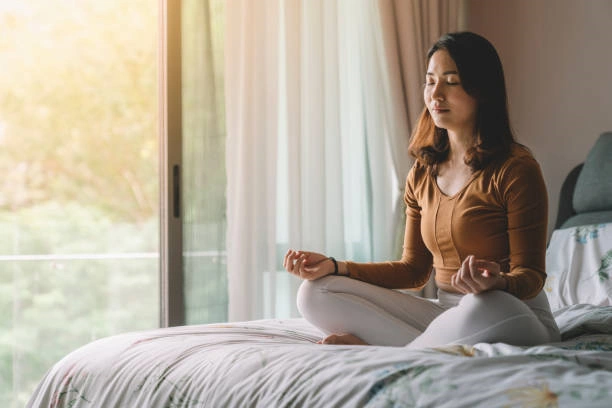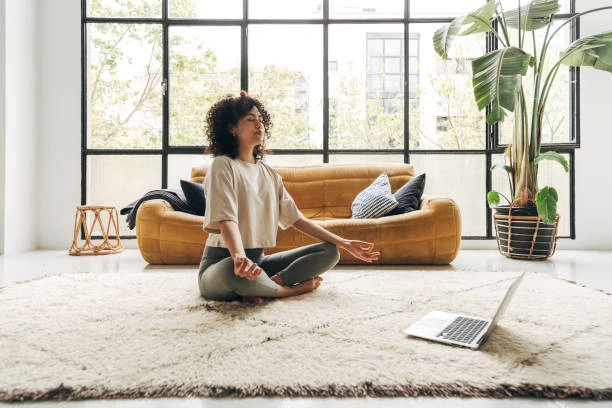The Garden of the Mind: The Power of Meditation
As society develops, people are increasingly focusing on health and wellness. Meditation, which helps individuals relax, improve concentration, and reduce anxiety, has garnered growing attention. This article will introduce the benefits of meditation, how beginners can start meditating, and important things to keep in mind before and after meditation.
What Are the Benefits of Meditation?
- Relaxation and Stress Reduction
Meditation helps people relax both mentally and physically, reducing stress and anxiety. Through meditation, you can explore your inner world, letting go of worries and stress, which in turn makes you feel calmer and more at ease. - Improved Concentration
In today’s fast-paced world, many people need to focus intently during busy workdays. Meditation can help train concentration, boosting work efficiency and productivity. - Enhanced Physical and Mental Health
Meditation helps regulate the body’s endocrine system, lowers blood pressure and blood sugar levels, strengthens immunity, and promotes cardiovascular health, thereby improving overall well-being.

How Can Beginners Start Meditating?
If you are a beginner, it’s best to start with simple meditation practices. Choose a quiet space, eliminate distractions such as your phone or TV, sit down, place your hands on your legs or knees, relax your shoulders, close your eyes, and begin to breathe deeply.
You can choose to focus on your breath or try other meditation exercises such as gratitude meditation or self-awareness meditation. Before starting, you might want to do a short body relaxation routine, such as rotating your head, shoulders, or waist to help you relax more fully.
What Should You Keep in Mind Before and After Meditation?
- Duration
At the beginning, meditation doesn’t need to last long. Start with around 5-10 minutes and gradually increase it to 20-30 minutes. - Regular Practice
It’s advisable to meditate regularly, such as once or twice a day. You can meditate in the morning, evening, or during lunch breaks, depending on your schedule. - Overcoming Initial Discomfort
Beginners may find it challenging or uncomfortable at first, which is normal. Some techniques can help ease you into the practice gradually. - Comfortable Environment
Choose a quiet, comfortable space for meditation, such as your bedroom or living room. Some people find wearing earplugs or listening to soft music helps them relax. Although many people meditate while sitting cross-legged, you only need to find a posture that feels comfortable for you.
Next, focus on deep breathing and pay attention to sensations in your body, like how your breath feels or the sensation in your feet. If your mind starts to wander, gently bring your focus back to your breath or imagine a peaceful scene, like the ocean or a forest.
- Gradual Progress
Gradually extend the time you spend meditating, from 5 minutes a day to 10 minutes or longer. Before and after meditation, maintain physical and mental balance by avoiding stimulants like coffee and keeping a good diet and sleep routine.

Conclusion
Meditation is a simple yet effective way to enhance both physical health and mental peace. Beginners can start with a gradual approach, paying attention to maintaining healthy life habits. With practice and consistency, meditation can become a regular part of daily life, helping us better handle the pressures and challenges of life.







